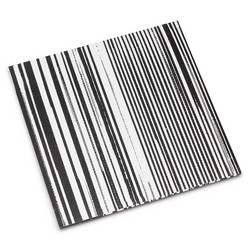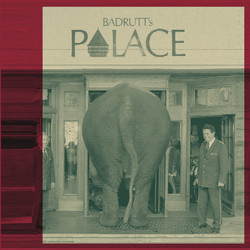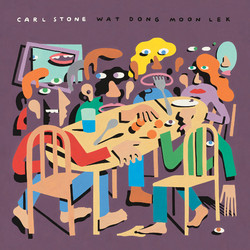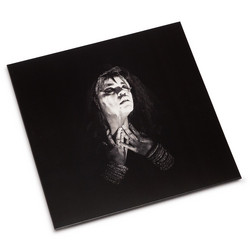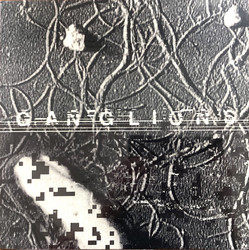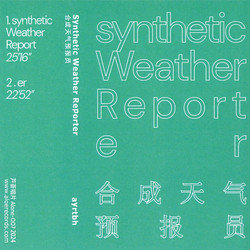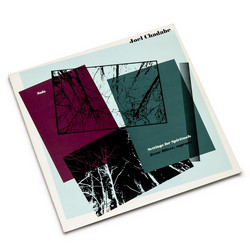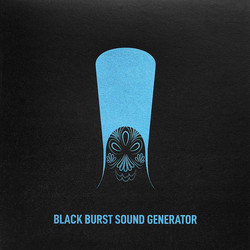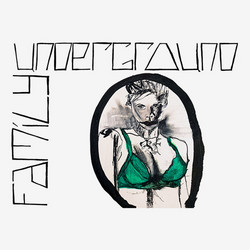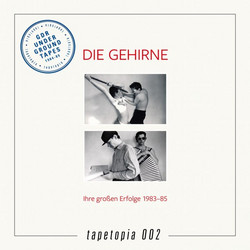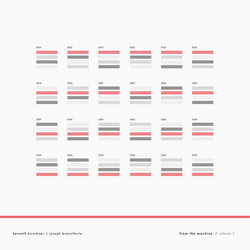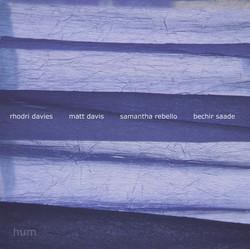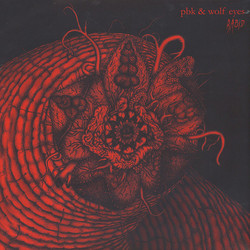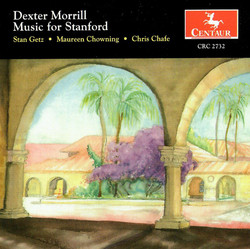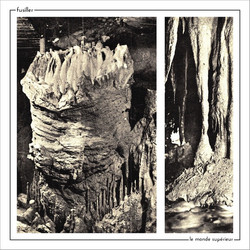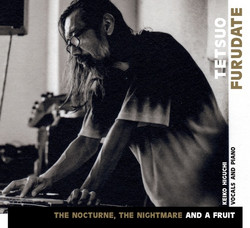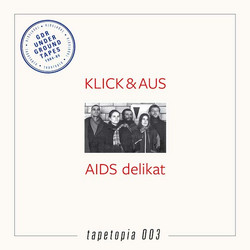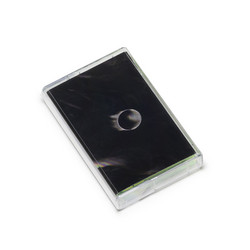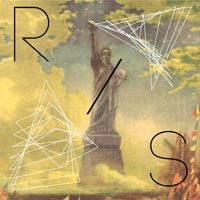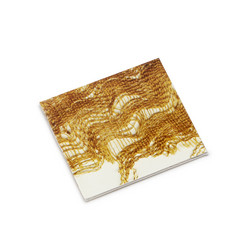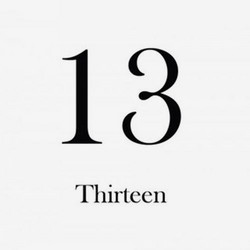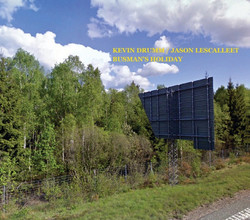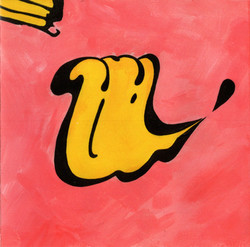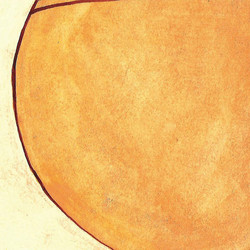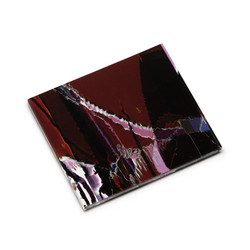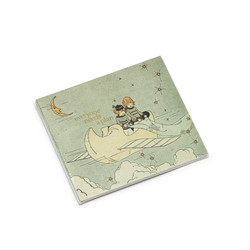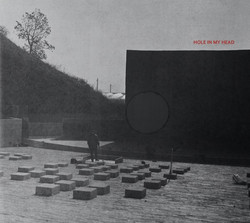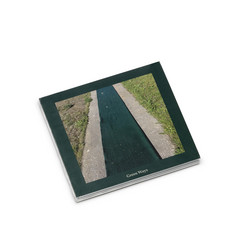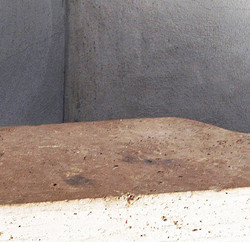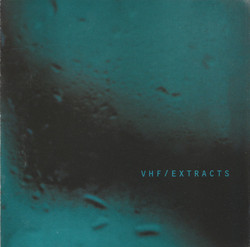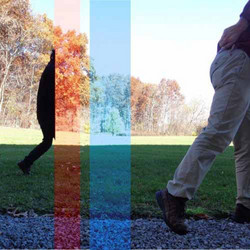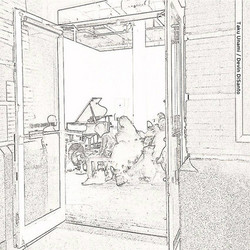R/S (Peter Rehberg/Marcus Schmickler)
One (Snow Mud Rain)
Peter Rehberg (Pita) and Marcus Schmickler have been two of the leaders in the electronic revolution of the last fifteen years, both on their own and in collaboration with others. One (Snow Mud Rain) is the first duo CD from these two long-time friends and associates.
Rehberg co-founded the massively influential Mego label in 1994, and soon after began recording under the name Pita. His first solo release, Seven Tons For Free, came out in 1996 and was a kick in the teeth to all those who heard it, melding noise with techno in a blend the Wire called 'wilfully difficult', a crucial formative statement for the then nascent EAI world. Since then, he's continued in his ever-difficult path, both as a solo artist (Get Out, Get Down), and in groups such as KTL, Rehberg & Bauer, MIMEO, and Fenn'O'Berg. Recently, he's been primarily focused on working with dance and performance pieces, with DACM, KTL and on his own, and now runs the Editions Mego label by himself. Schmickler has been involved with numerous projects over the past decade, including the seminal collective Kontakta. While rooted in electronic music, Schmickler also has a background in contemporary composition, having studied under prominent Stockhausen collaborator Johannes Fritsch. As a solo artist, Schmickler has created important works such as Wabi Sabi, Sator Rotas and Param, as well as five CDs under the name Pluramon, including the just-released The Monstrous Surplus. He also has some long-standing electroacoustic collaborative projects, most notably with synth whiz Thomas Lehn, both in duo and in trio with Keith Rowe, and a gorgeous duo with pianist John Tilbury, as documented on 2005's Variety. Schmickler's new solo release Altars of Science will be released later this month on the Rehberg-run Editions Mego label. Rehberg and Schmickler met up in March 2007, in Schmickler's Piethopraxis studio in Cologne, for two days of recordings. Despite having barely worked together as a duo previously, the results were so successful that after two days, the record was basically completed. This is obvious when listening to the finished product, as a rawness and energy that hearkens back to the explosive power of early Mego bursts from the speakers, further enhanced by the remarkable density and clarity of the recording.
